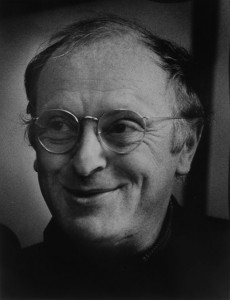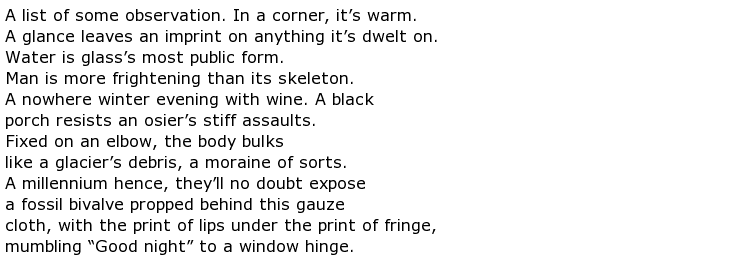 Winner of the Nobel Prize in Literature, Joseph Brodsky was born in Leningrad in 1940 and later settled in the United States where he was appointed Poet Laureate in 1991. His early childhood was marked by poverty and the Siege of Leningrad where his family suffered severe starvation and nearly died.
Winner of the Nobel Prize in Literature, Joseph Brodsky was born in Leningrad in 1940 and later settled in the United States where he was appointed Poet Laureate in 1991. His early childhood was marked by poverty and the Siege of Leningrad where his family suffered severe starvation and nearly died.
Born into a Jewish family, Brodsky suffered the antisemitism of his teachers at an early age and he came to hate the images of Lenin that seemed to be everywhere. He was often considered an unruly child and left school at 15, trying various jobs including working in a mill and as a morgue attendant. Whilst he undertook many jobs, he also educated himself, learning Polish and reading, beginning to discover about literature and poetry.
By 1955, at the age of just 15, he was starting to write his own work and a few years later was well-known amongst the literary community with poems such as The Jewish Cemetery Near Leningrad and The Hills. In 1962, Brodsky began having a relationship with painter Marina Basmanova but they became embroiled in an unhealthy love triangle that saw Brodsky being denounced to the authorities. His poetry was attacked in a newspaper and he was called anti-Soviet, interrogated and finally arrested.

At the age of just 24, Brodsky was being put on trial because he did not make enough of a contribution to society. He was convicted and sentenced to hard labor for 5 years and spent a year and a half on a farm in the Arctic regions of the country, many miles away from his home city of Leningrad. There he would read and write and, though the authorities saw it as a punishment, it was one of the happiest times of his life. His sentence was commuted after protests from several prominent people in the Soviet hierarchy and his story reached the West where it became an example of how the communist state could stamp on artistic endeavor.
His collection Verses and Poems was published in 1965 and other volumes followed that were published in the West to great acclaim. The State though produced a new charge that Brodsky was suffering from a mental disorder and used it as an excuse to have him sent into exile. In 1972 he was placed on a plane to Vienna and never returned to his mother Russia again.
He moved to America and settled in Michigan and quickly became the poet in residence for the university there. He was awarded a range of professorships and honorary degrees as his fame grew and he has been one of the most prolific poets in the last forty years. Often described as a traditional lyric poet, in 1987 he was awarded the Nobel Prize in Literature. He is probably best known for his works A Part of Speech and To Urania that were published in the 70s and 80s.

In 1996, Joseph Brodsky died suddenly of a heart attack at the age of just 55. He is buried at Venice, Italy. A year after his death, he was finally recognized in Leningrad when a plaque was placed on the house where he used to live before exile.

